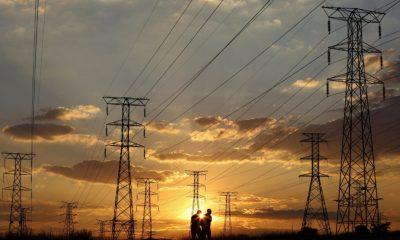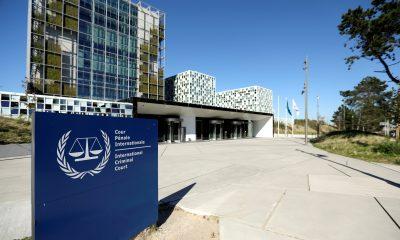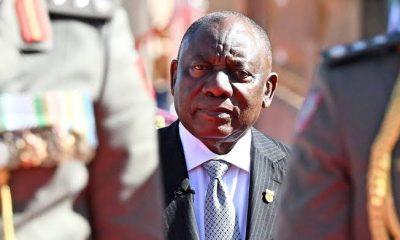411
Brace for Higher Coffee Prices in 2025: South African Coffee Lovers Face Rising Costs Amid Global Supply Crisis

Coffee lovers in South Africa are in for some tough news in 2025: the cost of your daily cup is set to rise, and there’s little relief in sight. Due to global supply challenges, coffee prices have surged dramatically and are expected to climb even higher in the coming year.
What’s Behind the Coffee Price Surge?
The Chief Economist of the Agricultural Business Chamber of South Africa, Wandile Sihlobo, has shared some concerning statistics regarding the local coffee market. South Africa imports around 24 tonnes of coffee annually, with the majority of the beans coming from Brazil and Vietnam—two of the world’s largest coffee producers.
However, both of these countries are facing significant challenges. Vietnam is battling extreme weather, including severe droughts and heavy rains, while Brazil’s coffee crop has been hit by a variety of factors, leading to lower yields. These production setbacks have caused a global reduction in coffee supplies, which has resulted in higher prices across the board.
What’s Next for Coffee Prices in South Africa?
Sihlobo forecasts that the coffee price issue is unlikely to be resolved quickly. The global forecast for 2025 production is grim, with ongoing weather challenges in Brazil and Vietnam potentially continuing into the next year. While other countries like Colombia have stable coffee production, they simply can’t make up for the shortfall left by Brazil and Vietnam.
The supply shortage, combined with rising global demand—especially from countries like China—has pushed coffee prices up. Demand for coffee in China has increased by over 150% in the past decade, further stressing the global supply chain.
Local Impact: What Can South Africans Expect?
South African consumers are already feeling the pinch, with local coffee prices rising between 12% to 19% year-on-year in 2024. The surge in prices is reflected in both beans and instant coffee, with some items seeing an increase of 10% to 16% since the start of 2024.
The situation isn’t likely to improve anytime soon. According to Sihlobo, no matter where South Africa sources its coffee, the cost pressures are inevitable. Unfortunately, local coffee shops will soon pass on these higher costs to consumers, making that morning cup of coffee even more expensive.
Is There Any Hope for Lower Prices?
Unfortunately, there’s no immediate solution. The global coffee market is tightly controlled by a few major producers—Brazil, Vietnam, and Colombia—which account for two-thirds of the world’s coffee production. With no viable alternative to fill the gaps left by the crop failures in these countries, coffee prices are expected to stay high, if not rise further.
As FNB agricultural economist Paul Makube explains, “There is no alternative source that can adequately fill the gap left by the crop failures in Brazil and Vietnam.” This, combined with a surge in global demand, means that coffee prices will likely remain on an upward trajectory.
The Long-Term Outlook for Coffee Drinkers
Nestlé has already warned that coffee prices could rise by an additional 30% to 40% in 2025. While that might seem shocking, it reflects the reality of a strained global supply chain and increased demand for the beloved beverage. South African coffee drinkers will need to adjust their budgets as coffee prices continue to climb, both locally and globally.
As we move into 2025, South African coffee lovers should prepare for higher prices. With global supply issues and growing demand, it’s clear that coffee prices are not going to drop anytime soon. Whether you’re brewing your own at home or grabbing a cup at your favorite café, expect to pay more for your daily caffeine fix.
Follow Joburg ETC on Facebook, Twitter , TikTok and Instagram
For more News in Johannesburg, visit joburgetc.com


























